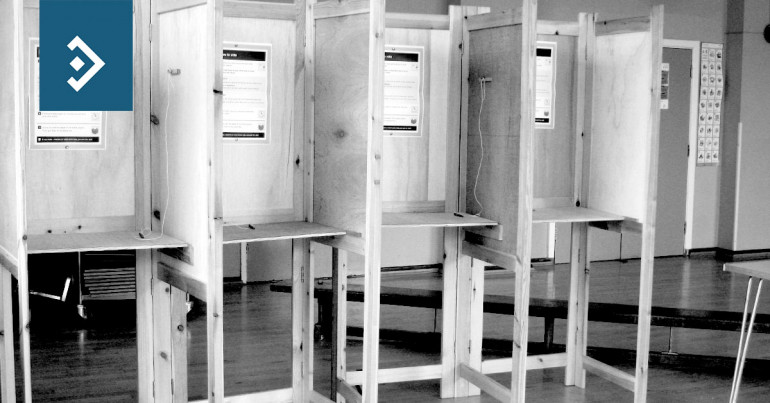
Election set to provide volatility
Morning mid-market rates – The majors
5th November: Highlights
- Sterling pressured by Brexit Party concerns
- Upbeat employment data gives dollar a boost
- Euro steady as data supports
Uncertainty the watchword for now
The emergence of the Scottish National Party north of the border and the possibly fracturing of support for leaving the EU by the Brexit Party, while a Conservative majority remains the bookmakers favoured outcome, UK politics is heading towards a constant state of inertia.
Having refused to enter into any kind of “non-aggression pact” with the Brexit Party, Boris Johnson faces the prospect of Nigel Farage’s Party fielding 600 candidates. While they cannot win many seats, any protest vote could see Farage become “kingmaker”.
A concern for Jeremy Corbyn’s Labour Party is the anticipated relatively low turnout as the population, suffering from Brexit fatigue fails to be inspired by the third election in a very short space of time. Labour always suffers when the turnout is low.
With both main Parties offering inducements that may be unachievable it is up to the electorate to decide which of the two leaders is the less untrustworthy since both Johnson and Corbyn have low and falling satisfaction ratings.
The pound will continue to be relatively volatile reacting to each new opinion poll with the Leader’s TV debate in a weeks’ time set to bring a new level of confrontation between the two neither of whom can be considered 100% honest.
Yesterday, the pound remained in its recent range versus the dollar. It traded between 1.2943 and 1.2879. It remains well supported for now at 1.2880 but any weakening of support for the Government in opinion polls could presage a short sharp fall.
Considering your next transfer? Log in to compare live quotes today.
Traders optimistic that Fed pause a positive
Having had the weekend to digest the data and look at the employment report in more detail, the knee-jerk reaction from Friday was almost completely reversed as the dollar index recovered.
The U.S. trade representative at the talks between Washington and Beijing made optimistic noises about progress in the current round of negotiations. It seems likely that an agreement has been reached to allow U.S. firms to sell components to Chinese tech giant Huawei.
Trade Secretary Wilbur Ross said in an interview on Sunday that more than 200 license applications had been received by the Trade Department that approvals would be forthcoming soon.
The dollar recovered its poise having seen a “healthy” correction last week. The index rose to a high of 97.57 having opened right on strong support at 97.20. While it is too soon to consider the recent correction at an end, traders remain positive towards the U.S. economy relative to its G7 partners and as such any further falls should be short-lived.
Weak factory data overshadows Lagarde debut
The latest figures show that activity in Germany rose only marginally and remains extremely weak, only rising from 41.9 to 42.1. Anything below 50 indicates a contraction so clearly manufacturing has a long way to go before it can be considered to be in any kind of recovery.
Overall activity in the region also rose only slightly and new ECB President Christine Lagarde will need to work closely with new EU Commission President Ursula von der Leyen to initiate reforms to the fiscal landscape.
Lagarde made her first speech yesterday since taking over from Mario Draghi on Friday.
She avoided any direct reference to monetary policy in her address, preferring to concentrate more on the need for more confidence to be shown that the economy is on the right path and that every country needs to pull together to achieve the common goal of prosperity for all.
There is a growing sense that despite continued poor data that the region is on the brink of improving performance. It is hoped that the threat of tariffs on U.S. imports of EU vehicles will be postponed again as the trade talks taking place in Washington tackle the broader subject of global trade rather than just U.S./Chinese relations.
The single currency gave back a portion of last week’s gains yesterday, falling to 1.1124 and closing just four pips above the low. The second week of the month is the most important for the Eurozone economy with several data releases that will drive the currency. Activity data ranks highest with producer prices, retail sales and factory orders still to come.

About Alan Hill
Alan has been involved in the FX market for more than 25 years and brings a wealth of experience to his content. His knowledge has been gained while trading through some of the most volatile periods of recent history. His commentary relies on an understanding of past events and how they will affect future market performance.”



